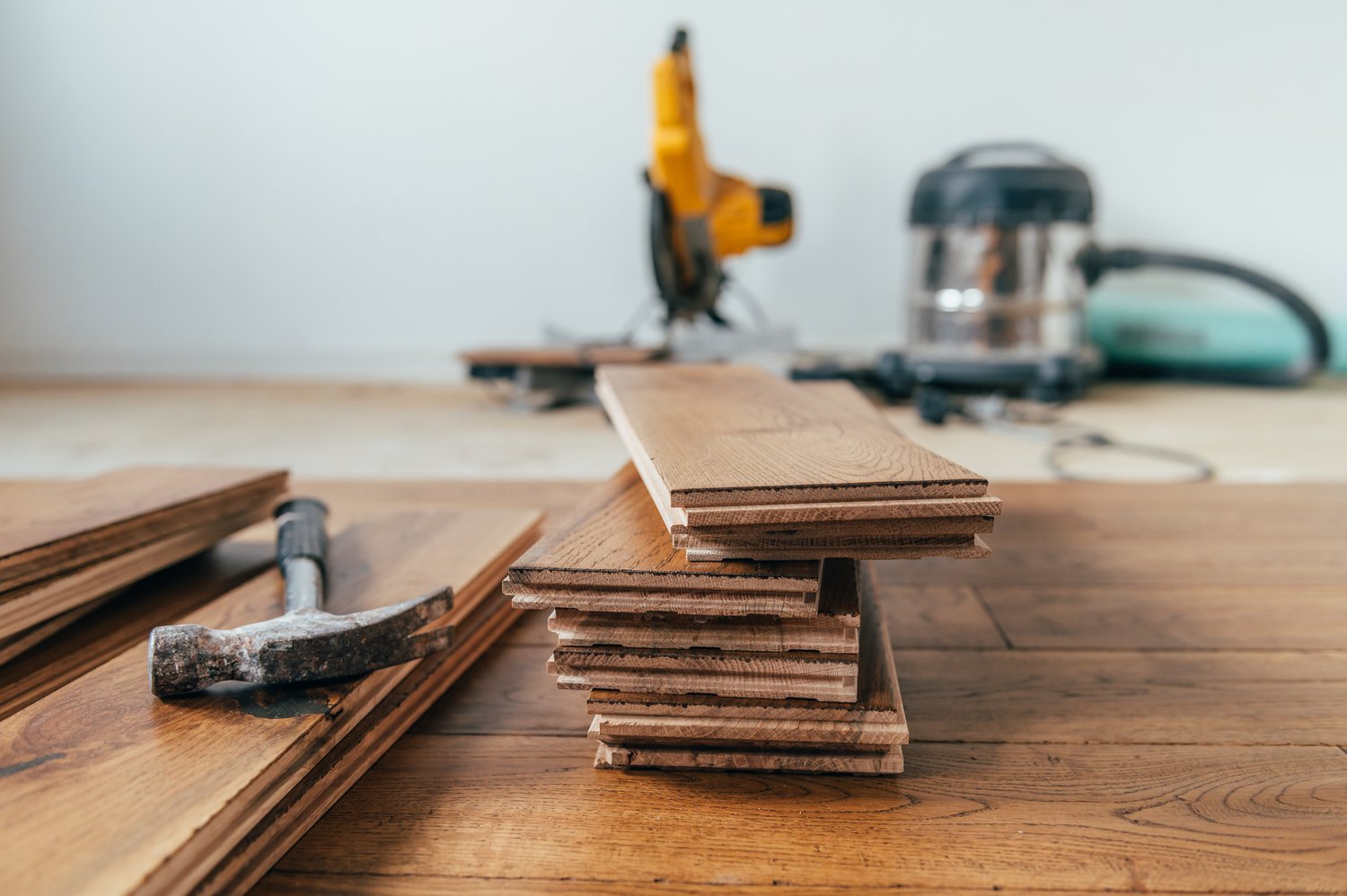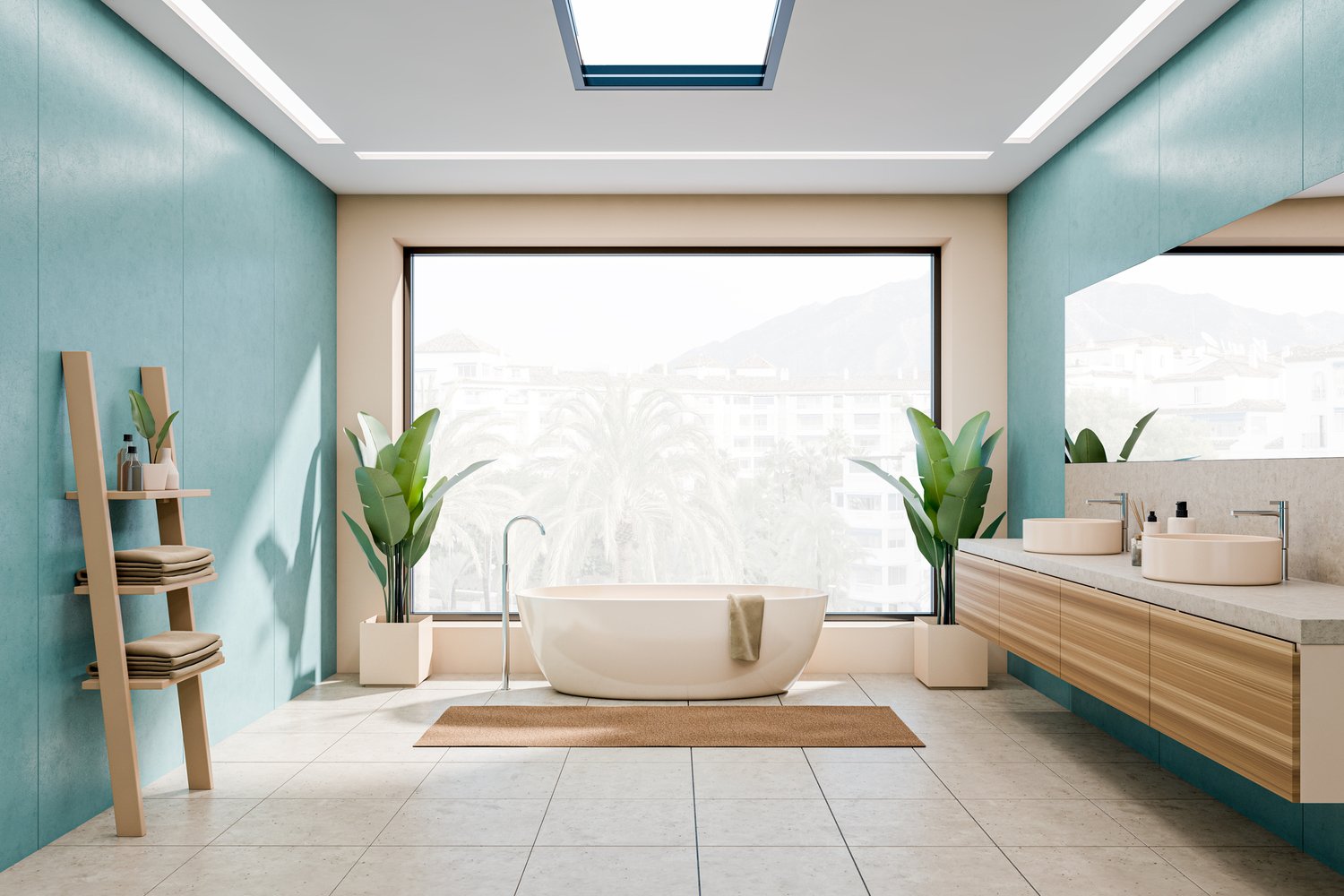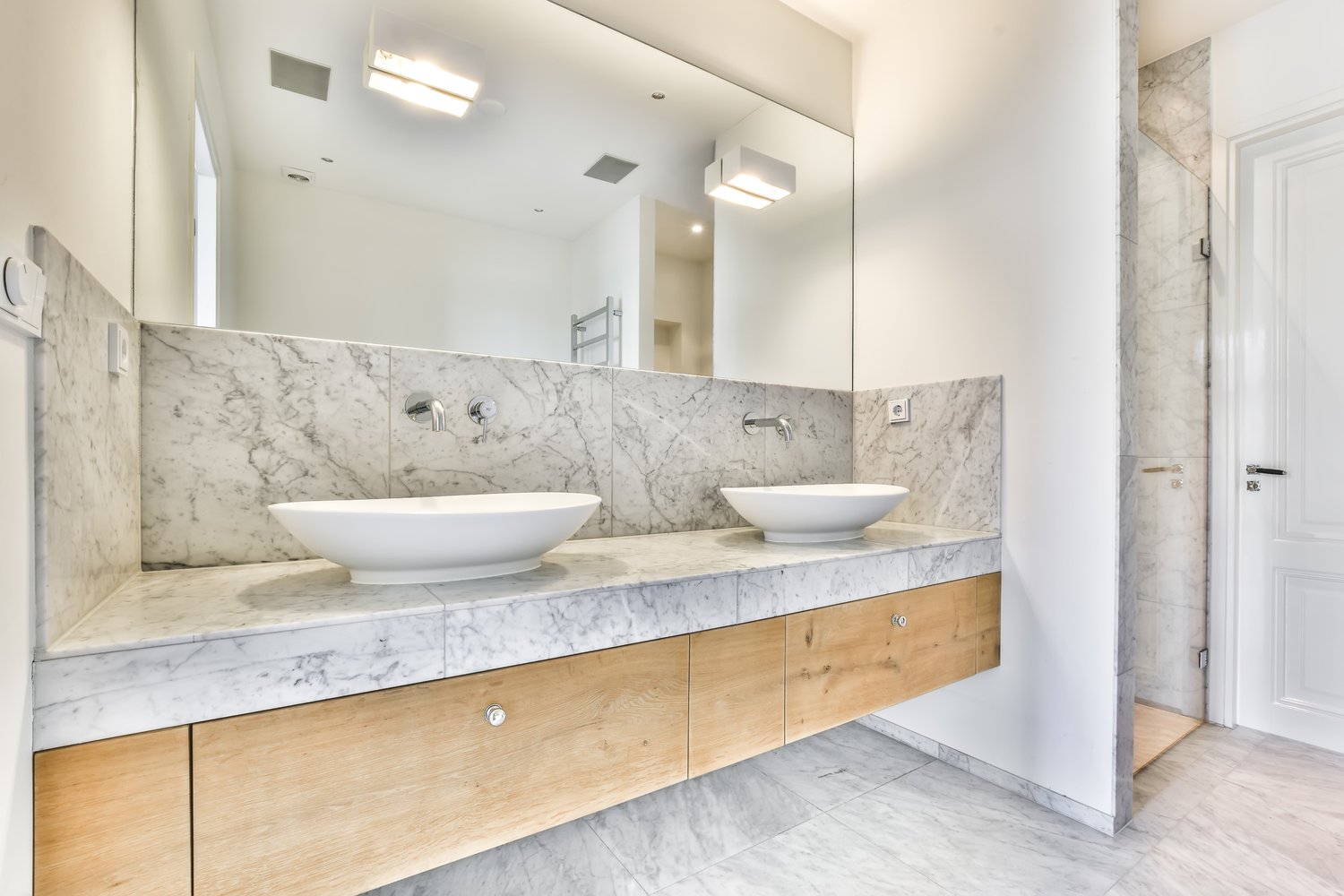When renovating your home or building a new one, choosing the right flooring material becomes one of the most significant decisions you’ll make. The carpet vs hardwood debate has been ongoing for decades, with each option offering distinct advantages and limitations. This comprehensive comparison explores the pros and cons of both carpet and hardwood flooring, examining factors like cost, durability, maintenance requirements, comfort, and aesthetic appeal. By understanding these differences, you’ll be better equipped to make an informed decision that suits your lifestyle, budget, and design preferences.
Initial Cost Considerations
When choosing flooring type for your home, cost inevitably plays a significant role in the decision-making process. Hardwood flooring typically commands a higher upfront investment than carpet. Quality hardwood can range from $8 to $25 per square foot installed, depending on the wood species, with exotic hardwoods like Brazilian cherry or teak reaching the upper end of this spectrum. In contrast, carpet installation usually costs between $3 and $12 per square foot, making it the more budget-friendly option initially. However, as experts at AskHomey often point out, the long-term value equation isn’t quite so simple, as the lifespan of these materials differs dramatically.
Longevity and Durability
One of the primary benefits of hardwood floors is their exceptional longevity. With proper care, hardwood flooring can last 50-100 years or even longer. This impressive lifespan often makes hardwood more economical over the long term despite its higher initial cost. Quality hardwood can be refinished multiple times, allowing homeowners to refresh the appearance and remove surface damage without replacing the entire floor.
Carpet, on the other hand, typically needs replacement every 5-15 years, depending on the quality, foot traffic, and maintenance. Even the highest quality carpets rarely last more than 15-20 years before showing significant wear or becoming outdated. This shorter lifespan means that despite the lower upfront cost, carpet may actually be more expensive over the decades you own your home.
Maintenance Requirements
Daily and long-term maintenance represents another crucial factor when comparing carpet vs hardwood. Hardwood floors are relatively straightforward to maintain, requiring regular sweeping or vacuuming and occasional mopping with a hardwood-appropriate cleaner. While they may show scratches and dents, these imperfections can add character and are often repairable through refinishing.
Carpet demands more frequent and intensive cleaning. Regular vacuuming is essential, and deep cleaning should be performed at least annually. Stains require immediate attention and may prove challenging to remove completely. Carpet also tends to harbor allergens, dust mites, and pet dander, which can affect indoor air quality and pose problems for allergy sufferers. These maintenance considerations should factor into your flooring selection, particularly for high-traffic or spill-prone areas.
Comfort and Acoustics
When it comes to physical comfort, carpet offers clear advantages. The soft, cushioned surface provides warmth underfoot, making it particularly appealing in bedrooms and living areas. Carpet also offers excellent insulation properties, helping maintain room temperature and potentially reducing heating costs during colder months. Additionally, carpet significantly dampens sound, reducing echo and absorbing noise from footsteps or dropped items.
Hardwood provides a firmer surface that some homeowners find less comfortable, especially in areas where they stand for extended periods. Without area rugs, hardwood can feel cold underfoot in winter months. Acoustically, hardwood tends to amplify sounds and can create echoing in larger spaces. However, these issues can be mitigated with strategically placed area rugs that combine the benefits of hardwood floors with carpet’s comfort in specific areas.
Aesthetic Appeal and Home Value
The aesthetic appeal of flooring significantly impacts both enjoyment of your space and potential resale value. Hardwood flooring offers timeless elegance that seldom goes out of style. Available in numerous species, stains, and finishes, hardwood complements virtually any interior design theme from traditional to contemporary. Furthermore, hardwood floors consistently rank high on homebuyers’ wish lists and can increase property value.
Carpet offers tremendous variety in terms of color, pattern, and texture, allowing for greater personalization and design flexibility. However, carpet styles and colors tend to reflect current trends more obviously, potentially appearing dated more quickly than hardwood. While certain homebuyers appreciate carpet in bedrooms, many prefer hardwood in main living areas, making hardwood generally more favorable for resale value.
Environmental and Health Considerations
The environmental impact of your flooring choice deserves consideration in today’s eco-conscious marketplace. Hardwood, when sourced from responsibly managed forests and finished with low-VOC products, represents a renewable resource with minimal environmental impact. Its longevity also means fewer replacements and less manufacturing waste over time.
Carpet, particularly synthetic varieties, contains petroleum-based products and chemical treatments that may off-gas volatile organic compounds (VOCs). Natural fiber carpets offer more environmentally friendly alternatives but still require replacement more frequently than hardwood. Additionally, carpet’s tendency to trap allergens and dust can exacerbate respiratory issues for sensitive individuals, whereas hardwood provides a surface that doesn’t harbor these irritants.
For more tips and to connect with reliable home service professionals, follow AskHomey on Facebook and Instagram.



